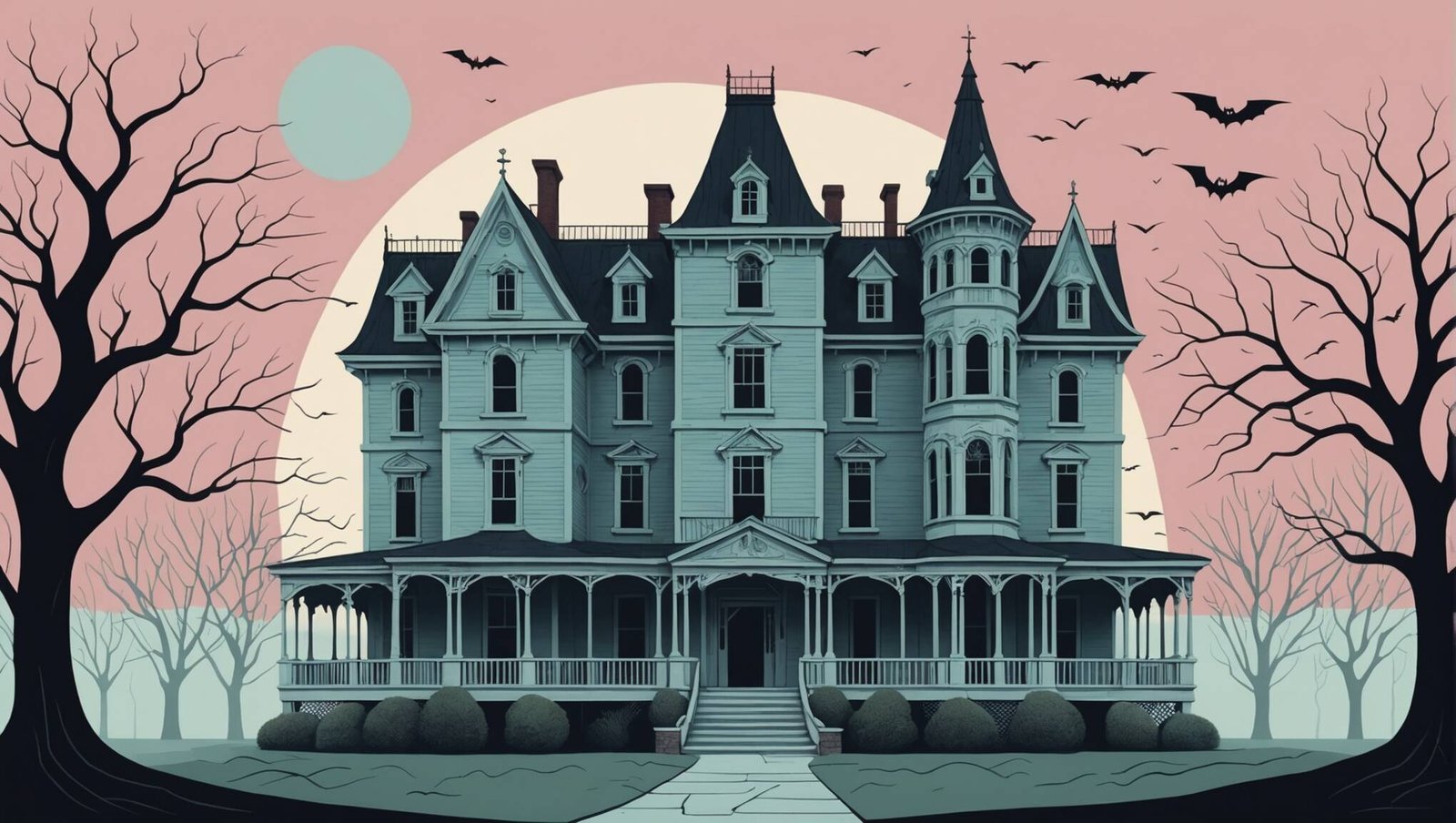Agnès Varda’s Cinema: 10 Must-See Masterpieces [Ranked]
Agnès Varda’s best films represent a treasure trove of cinematic innovation, blending poetic realism with avant-garde techniques. As a pioneer of the French New Wave and a relentless explorer of the human condition, Varda’s work continues to captivate audiences and inspire filmmakers worldwide. This article delves into the top 10 must-see masterpieces from this iconic director, offering a comprehensive guide to her most influential and thought-provoking creations.
1. Cléo from 5 to 7 (1962)
Topping our list is Varda’s groundbreaking ”Cléo from 5 to 7”. This real-time narrative follows a young singer as she anxiously awaits medical test results. The film’s innovative structure and exploration of existential themes solidified Varda’s position as a leading figure in the French New Wave movement. With its stunning black-and-white cinematography and nuanced portrayal of female anxiety, ”Cléo from 5 to 7” remains a cornerstone of feminist cinema.
2. The Gleaners and I (2000)
In this poignant documentary, Varda turns her lens on modern-day gleaners – those who collect leftover crops from fields or urban discards. ”The Gleaners and I” showcases Varda’s ability to find beauty and meaning in the overlooked aspects of society. Her playful yet profound approach to documentary filmmaking creates an intimate portrait of resourcefulness and artistic expression.
3. Vagabond (1985)
With ”Vagabound,” Varda delivers a haunting exploration of freedom and isolation. The film reconstructs the final weeks of a young woman found frozen to death in a ditch. Through a series of flashbacks and interviews, Varda paints a complex picture of societal indifference and individual resilience. This masterpiece solidifies her reputation as a director unafraid to tackle challenging subjects with unflinching honesty.
4. Le Bonheur (1965)
”Le Bonheur” is a deceptively sunny film that explores the darker undercurrents of marital bliss. Varda’s use of vibrant colours and idyllic imagery contrasts sharply with the film’s provocative examination of love, fidelity, and happiness. This visually stunning masterpiece challenges viewers to question societal norms and the nature of contentment.
5. The Beaches of Agnès (2008)
In this autobiographical gem, Varda reflects on her life and career with characteristic wit and creativity. ”The Beaches of Agnès” interweaves personal anecdotes, archival footage, and imaginative re-enactments to create a deeply moving self-portrait. This film not only celebrates Varda’s artistic journey but also serves as a testament to her enduring spirit and innovative approach to storytelling.
6. One Sings, the Other Doesn’t (1977)
Varda’s feminist musical drama ”One Sings, the Other Doesn’t” follows the friendship between two women over the course of a decade. Set against the backdrop of the women’s liberation movement, the film explores themes of reproductive rights, sisterhood, and personal growth. With its unique blend of music and social commentary, this film stands as one of Varda’s most ambitious and politically charged works.
7. Faces Places (2017)
Collaborating with street artist JR, Varda embarks on a whimsical journey across rural France in ”Faces Places”. This must-watch documentary celebrates the power of art to connect communities and honour ordinary lives. Varda’s infectious curiosity and JR’s larger-than-life installations create a heartwarming exploration of memory, creativity, and human connection.
8. La Pointe Courte (1955)
Varda’s debut feature, ”La Pointe Courte,” is often credited as a precursor to the French New Wave. Set in a small fishing village, the film interweaves two narrative threads: the struggles of the local community and the story of a married couple reassessing their relationship. With its innovative storytelling and striking visuals, ”La Pointe Courte” announced Varda as a formidable new voice in cinema.
9. Jacquot de Nantes (1991)
In this loving tribute to her late husband, filmmaker Jacques Demy, Varda recreates his childhood and early artistic awakening. ”Jacquot de Nantes” blends reenactments, archival footage, and scenes from Demy’s films to create a deeply personal and poetic portrait. This film showcases Varda’s ability to merge biography with imagination, resulting in a unique cinematic experience.
10. Lions Love (… and Lies) (1969)
Rounding out our list is Varda’s experimental foray into American counterculture, ”Lions Love (… and Lies)”. Set in Los Angeles during the tumultuous late 1960s, the film blurs the lines between fiction and reality. With its playful approach to form and content, this often-overlooked gem captures the spirit of an era while pushing the boundaries of conventional filmmaking.
Agnès Varda’s cinematic legacy is a testament to her boundless creativity and unwavering commitment to exploring the human experience. From her groundbreaking work in the French New Wave to her later experiments in documentary form, Varda consistently challenged audiences to see the world anew. Her films, characterised by their visual poetry, social consciousness, and innovative storytelling techniques, continue to inspire and provoke viewers long after their initial release.
As we revisit these ten masterpieces, we’re reminded of Varda’s unique ability to blend the personal with the political, the whimsical with the profound. Her work not only shaped the landscape of art house cinema but also paved the way for generations of filmmakers to explore new narrative techniques and visual styles. Agnès Varda’s films remain essential viewing for anyone interested in the power of cinema to illuminate, challenge, and transform our understanding of the world around us.
FAQ
What is Agnès Varda’s most famous film?
While Agnès Varda has many renowned works, ”Cléo from 5 to 7” (1962) is often considered her most famous film. It’s a seminal work of the French New Wave that showcases her innovative storytelling and feminist perspective.
Did Agnès Varda win any major awards for her films?
Yes, Agnès Varda received numerous accolades throughout her career. Notably, she was awarded an honorary Oscar in 2017 for her contributions to cinema. Her film ”Vagabond” (1985) won the Golden Lion at the Venice Film Festival, and ”The Beaches of Agnès” (2008) won the César Award for Best Documentary Film.
How did Agnès Varda influence feminist cinema?
Agnès Varda significantly influenced feminist cinema by consistently placing women at the centre of her narratives and exploring female experiences with depth and nuance. Films like ”One Sings, the Other Doesn’t” directly addressed women’s rights issues, while others like ”Cléo from 5 to 7” offered complex portrayals of female characters rarely seen in cinema at the time.





